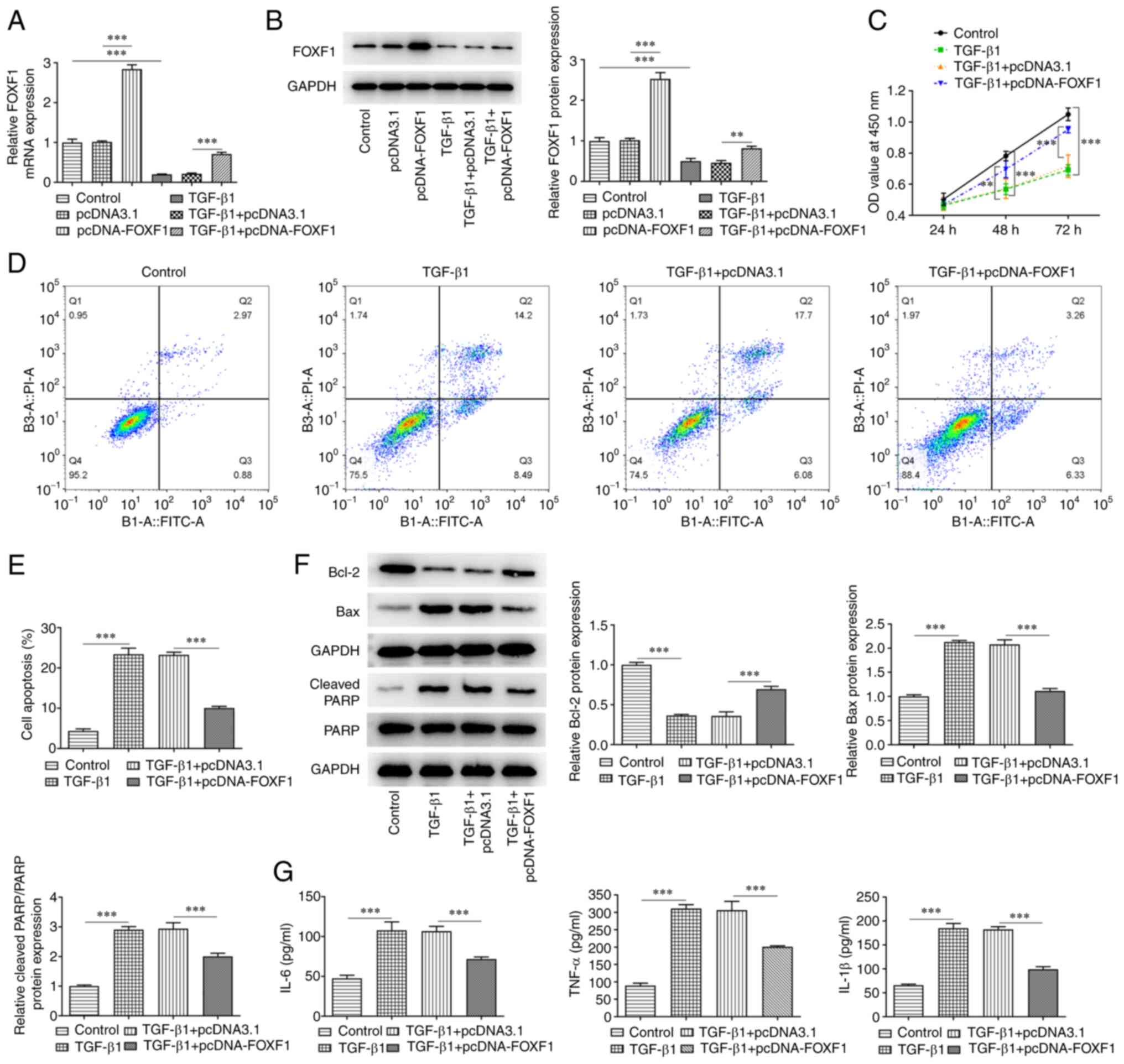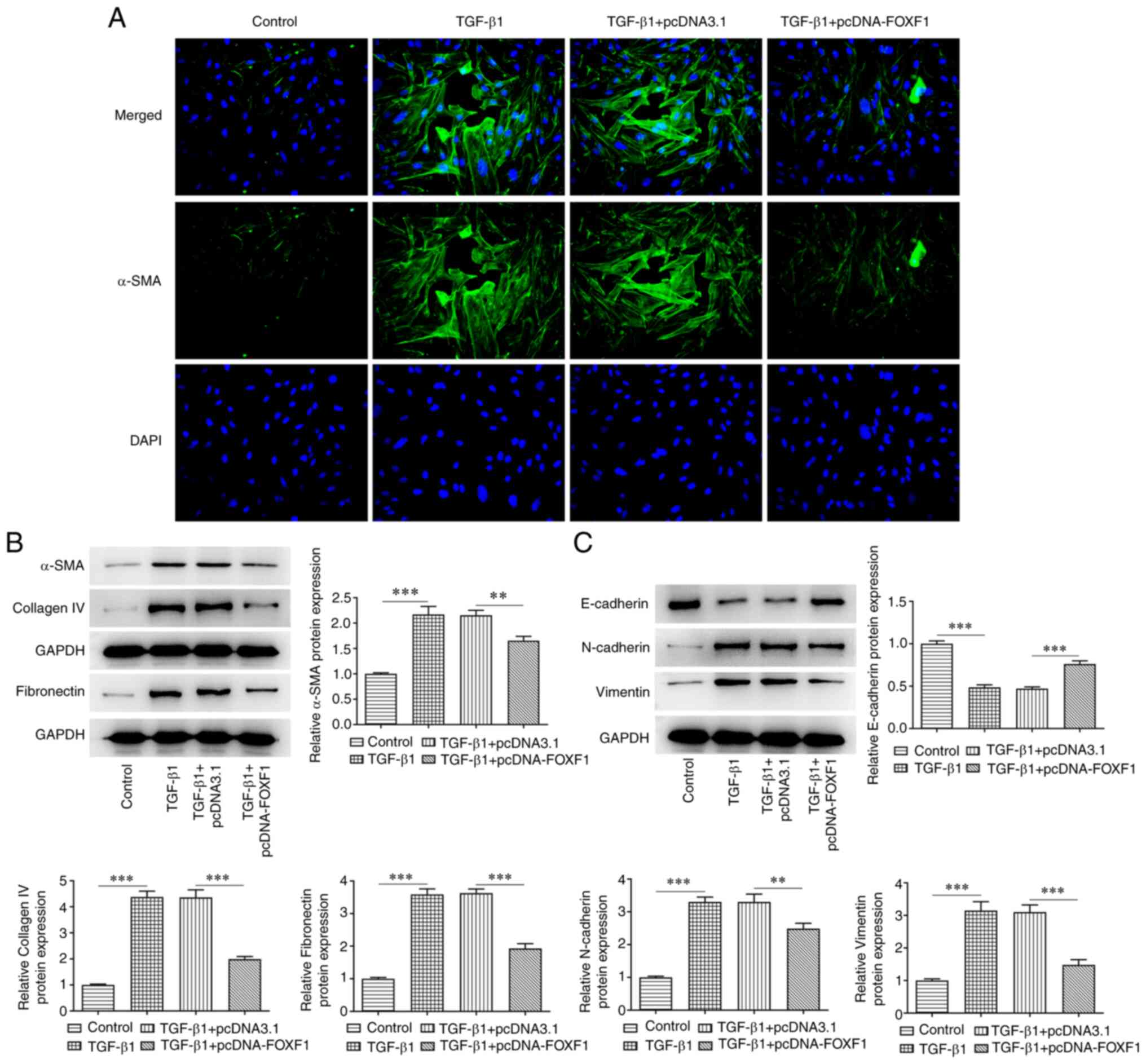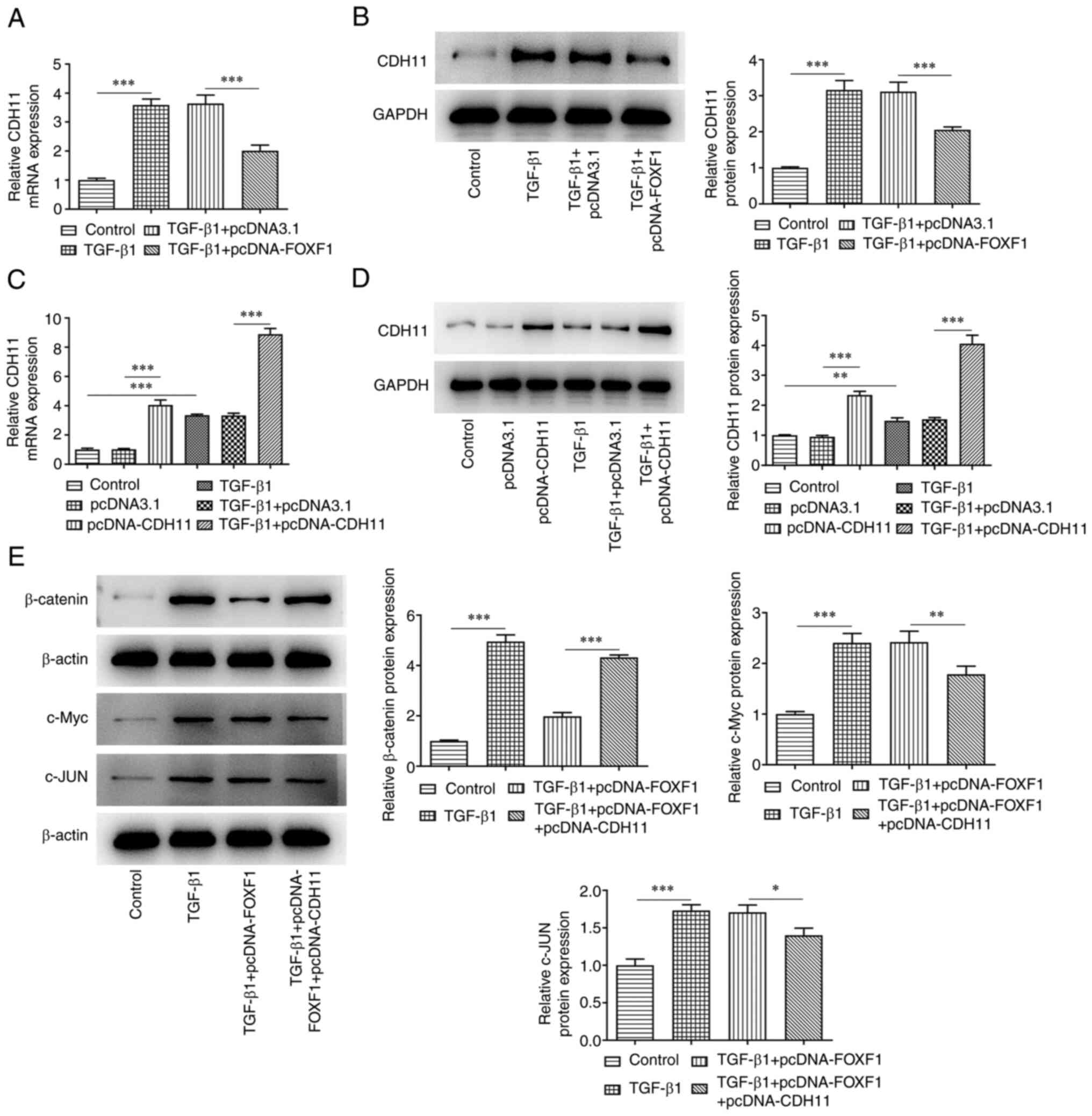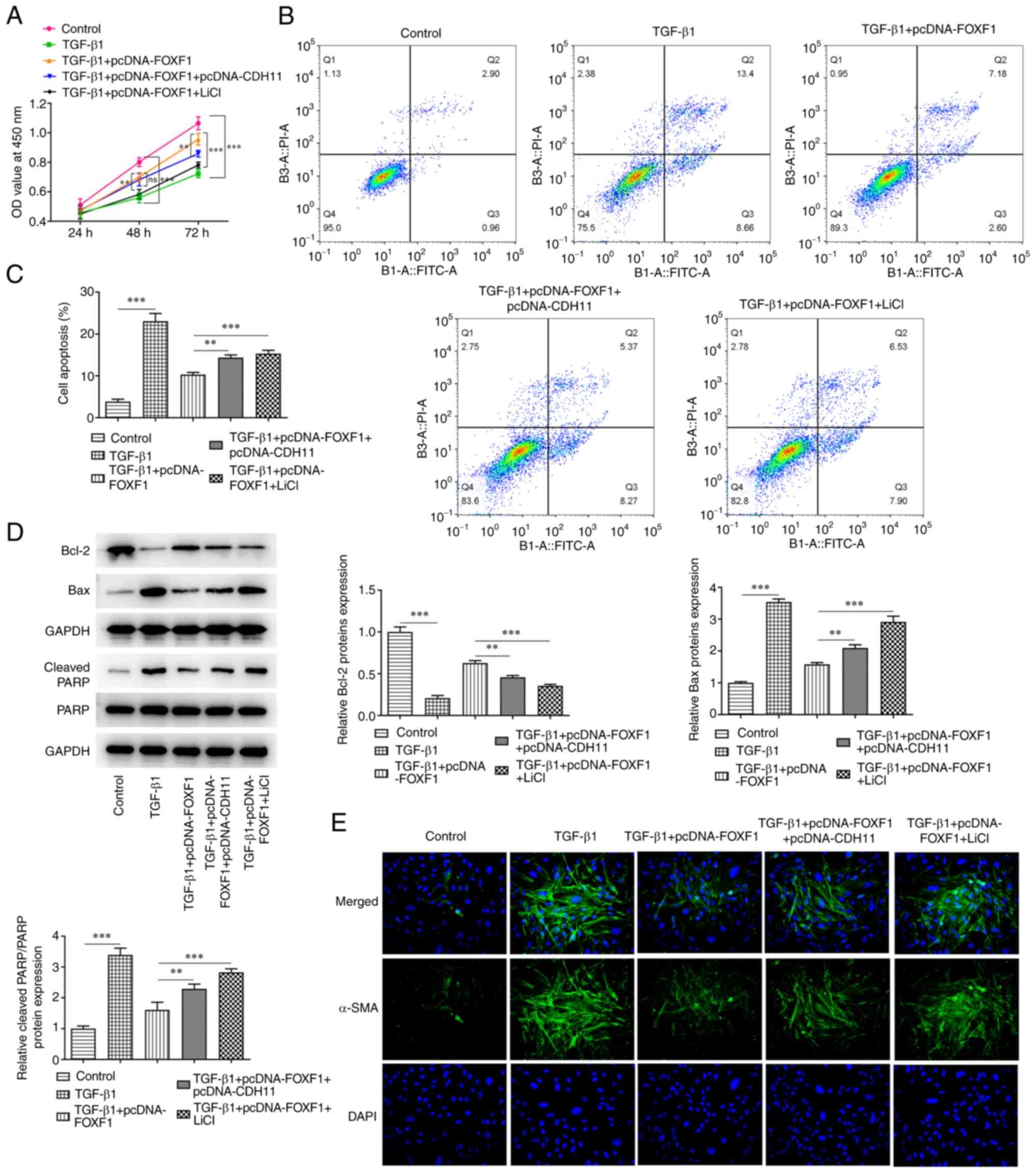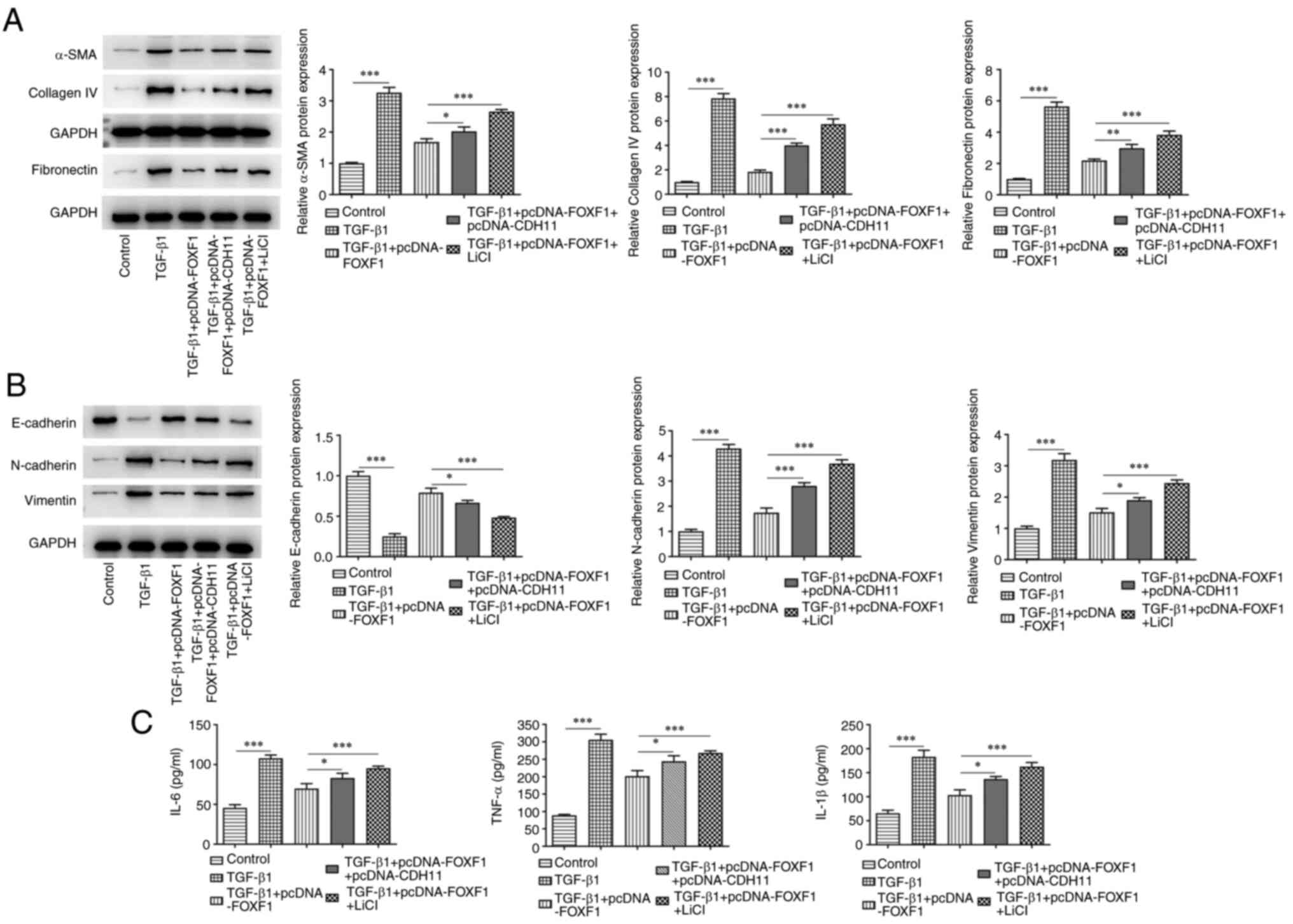|
1
|
Ntontsi P, Photiades A, Zervas E, Xanthou
G and Samitas K: Genetics and epigenetics in asthma. Int J Mol Sci.
22(2412)2021.PubMed/NCBI View Article : Google Scholar
|
|
2
|
Mims JW: Asthma: Definitions and
pathophysiology. Int Forum Allergy Rhinol. 5 (Suppl 1):S2–S6.
2015.PubMed/NCBI View Article : Google Scholar
|
|
3
|
Sockrider M and Fussner L: What is asthma?
Am J Respir Crit Care Med. 202:P25–P26. 2020.PubMed/NCBI View Article : Google Scholar
|
|
4
|
Jones TL, Neville DM and Chauhan AJ:
Diagnosis and treatment of severe asthma: A phenotype-based
approach. Clin Med (Lond). 18:S36–S40. 2018.PubMed/NCBI View Article : Google Scholar
|
|
5
|
Serebrisky D and Wiznia AL: Pediatric
asthma: A global epidemic. Ann Glob Health. 85(6)2019.PubMed/NCBI View Article : Google Scholar
|
|
6
|
Devonshire AL and Kumar R: Pediatric
asthma: Principles and treatment. Allergy Asthma Proc. 40:389–392.
2019.PubMed/NCBI View Article : Google Scholar
|
|
7
|
Azmeh R, Greydanus DE, Agana MG, Dickson
CA, Patel DR, Ischander MM and Lloyd RD Jr: Update in pediatric
asthma: Selected issues. Dis Mon. 66(100886)2020.PubMed/NCBI View Article : Google Scholar
|
|
8
|
Jonsson H and Peng SL: Forkhead
transcription factors in immunology. Cell Mol Life Sci. 62:397–409.
2005.PubMed/NCBI View Article : Google Scholar
|
|
9
|
Herman L, Todeschini AL and Veitia RA:
Forkhead transcription factors in health and disease. Trends Genet.
37:460–475. 2021.PubMed/NCBI View Article : Google Scholar
|
|
10
|
Maiese K: Forkhead transcription factors:
Formulating a FOXO target for cognitive loss. Curr Neurovasc Res.
14:415–420. 2017.PubMed/NCBI View Article : Google Scholar
|
|
11
|
Braeuer RR, Walker NM, Misumi K,
Mazzoni-Putman S, Aoki Y, Liao R, Vittal R, Kleer GG, Wheeler DS,
Sexton JZ, et al: Transcription factor FOXF1 identifies
compartmentally distinct mesenchymal cells with a role in lung
allograft fibrogenesis. J Clin Invest. 131(e14734)2021.PubMed/NCBI View Article : Google Scholar
|
|
12
|
Milewski D, Shukla S, Gryder BE, Pradhan
A, Donovan J, Sudha P, Vallabh S, Pyros A, Xu Y, Barski A, et al:
FOXF1 is required for the oncogenic properties of PAX3-FOXO1 in
rhabdomyosarcoma. Oncogene. 40:2182–2199. 2021.PubMed/NCBI View Article : Google Scholar
|
|
13
|
Mahlapuu M, Ormestad M, Enerbäck S and
Carlsson P: The forkhead transcription factor Foxf1 is required for
differentiation of extra-embryonic and lateral plate mesoderm.
Development. 128:155–166. 2001.PubMed/NCBI View Article : Google Scholar
|
|
14
|
Stankiewicz P, Sen P, Bhatt SS, Storer M,
Xia Z, Bejjani BA, Ou Z, Wiszniewska J, Driscoll DJ, Maisenbacher
MK, et al: Genomic and genic deletions of the FOX gene cluster on
16q24.1 and inactivating mutations of FOXF1 cause alveolar
capillary dysplasia and other malformations. Am J Hum Genet.
84:780–791. 2009.PubMed/NCBI View Article : Google Scholar
|
|
15
|
Cai Y, Bolte C, Le T, Goda C, Xu Y, Kalin
TV and Kalinichenko VV: FOXF1 maintains endothelial barrier
function and prevents edema after lung injury. Sci Signal.
9(ra40)2016.PubMed/NCBI View Article : Google Scholar
|
|
16
|
Livak KJ and Schmittgen TD: Analysis of
relative gene expression data using real-time quantitative PCR and
the 2(-Delta Delta C(T)) method. Methods. 25:402–408.
2001.PubMed/NCBI View Article : Google Scholar
|
|
17
|
Gans MD and Gavrilova T: Understanding the
immunology of asthma: Pathophysiology, biomarkers, and treatments
for asthma endotypes. Paediatr Respir Rev. 36:118–127.
2020.PubMed/NCBI View Article : Google Scholar
|
|
18
|
Padem N and Saltoun C: Classification of
asthma. Allergy Asthma Proc. 40:385–388. 2019.PubMed/NCBI View Article : Google Scholar
|
|
19
|
Abul MH and Phipatanakul W: Severe asthma
in children: Evaluation and management. Allergol Int. 68:150–157.
2019.PubMed/NCBI View Article : Google Scholar
|
|
20
|
Hoch HE, Houin PR and Stillwell PC: Asthma
in children: A brief review for primary care providers. Pediatr
Ann. 48:e103–e109. 2019.PubMed/NCBI View Article : Google Scholar
|
|
21
|
Guilbert TW, Bacharier LB and Fitzpatrick
AM: Severe asthma in children. J Allergy Clin Immunol Pract.
2:489–500. 2014.PubMed/NCBI View Article : Google Scholar
|
|
22
|
Zheng F, Liu T, Zhu J, Xie Y, Wu L and Lin
Z: FoxF1 protects rats from paraquat-evoked lung injury following
HDAC2 inhibition via the microRNA-342/KLF5/IκB/NF-κB p65 axis. Exp
Cell Res. 395(112208)2020.PubMed/NCBI View Article : Google Scholar
|
|
23
|
Bolte C, Ustiyan V, Ren X, Dunn AW,
Pradhan A, Wang G, Kolesnichenko OA, Deng Z, Zhang Y, Shi D, et al:
Nanoparticle delivery of proangiogenic transcription factors into
the neonatal circulation inhibits alveolar simplification caused by
hyperoxia. Am J Respir Crit Care Med. 202:100–111. 2020.PubMed/NCBI View Article : Google Scholar
|
|
24
|
Bolte C, Flood HM, Ren X, Jagannathan S,
Barski A, Kalin TV and Kalinichenko VV: FOXF1 transcription factor
promotes lung regeneration after partial pneumonectomy. Sci Rep.
7(10690)2017.PubMed/NCBI View Article : Google Scholar
|
|
25
|
Ustiyan V, Bolte C, Zhang Y, Han L, Xu Y,
Yutzey KE, Zorn AM, Kalin TV, Shannon JM and Kalinichenko VV: FOXF1
transcription factor promotes lung morphogenesis by inducing
cellular proliferation in fetal lung mesenchyme. Dev Biol.
443:50–63. 2018.PubMed/NCBI View Article : Google Scholar
|
|
26
|
Ruan W, Pan R, Shen X, Nie Y and Wu Y:
CDH11 promotes liver fibrosis via activation of hepatic stellate
cells. Biochem Biophys Res Commun. 508:543–549. 2019.PubMed/NCBI View Article : Google Scholar
|
|
27
|
Yang Z, Yan C, Yu Z, He C, Li J, Li C, Yan
M, Liu B, Wu Y and Zhu Z: Downregulation of CDH11 promotes
metastasis and resistance to paclitaxel in gastric cancer cells. J
Cancer. 12:65–75. 2021.PubMed/NCBI View Article : Google Scholar
|
|
28
|
Assefnia S, Dakshanamurthy S, Auvil JM,
Hampel C, Anastasiadis PZ, Kallakury B, Uren A, Foley DW, Brown ML,
Shapiro L, et al: Cadherin-11 in poor prognosis malignancies and
rheumatoid arthritis: Common target, common therapies. Oncotarget.
5:1458–1474. 2014.PubMed/NCBI View Article : Google Scholar
|
|
29
|
Wang T, Zhou Q and Shang Y: MiRNA-451a
inhibits airway remodeling by targeting Cadherin 11 in an allergic
asthma model of neonatal mice. Int Immunopharmacol.
83(106440)2020.PubMed/NCBI View Article : Google Scholar
|
|
30
|
Black M, Milewski D, Le T, Ren X, Xu Y,
Kalinichenko VV and Kalin TV: FOXF1 inhibits pulmonary fibrosis by
preventing CDH2-CDH11 cadherin switch in myofibroblasts. Cell Rep.
23:442–458. 2018.PubMed/NCBI View Article : Google Scholar
|
|
31
|
Chen X, Xiang H, Yu S, Lu Y and Wu T:
Research progress in the role and mechanism of Cadherin-11 in
different diseases. J Cancer. 12:1190–1199. 2021.PubMed/NCBI View Article : Google Scholar
|
|
32
|
Dong J, Li L, Fang X and Zang M:
Exosome-encapsulated microRNA-127-3p released from bone
marrow-derived mesenchymal stem cells alleviates osteoarthritis
through regulating CDH11-mediated Wnt/β-catenin pathway. J Pain
Res. 14:297–310. 2021.PubMed/NCBI View Article : Google Scholar
|
|
33
|
Huang Y, Wang L, Jia XX, Lin XX and Zhang
WX: Vitamin D alleviates airway remodeling in asthma by
down-regulating the activity of Wnt/β-catenin signaling pathway.
Int Immunopharmacol. 68:88–94. 2019.PubMed/NCBI View Article : Google Scholar
|
|
34
|
Yang X, Lv JN, Li H, Jiao B, Zhang QH,
Zhang Y, Zhang J, Liu YQ, Zhang M, Shan H, et al: Curcumin reduces
lung inflammation via Wnt/β-catenin signaling in mouse model of
asthma. J Asthma. 54:335–340. 2017.PubMed/NCBI View Article : Google Scholar
|
















